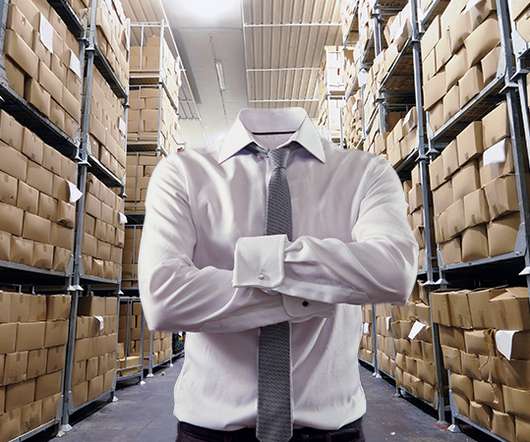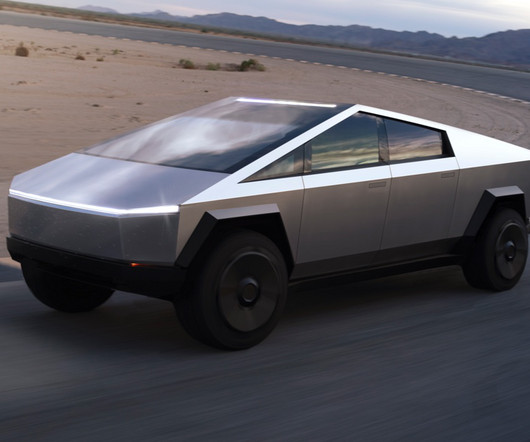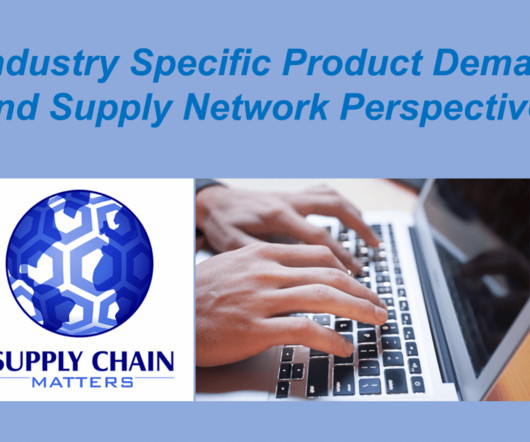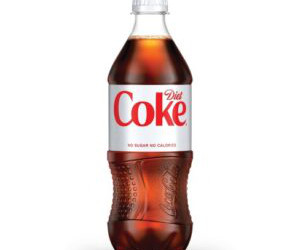Do You Know Your Suppliers? Counting the Cost of Ignorance
QAD
JULY 7, 2022
The concept of ethical sourcing has risen in popularity during the past four years.” . In April 2021, food giant Hershey Food announced its “ No Deforestation Policy ” to end deforestation across its supply chain by 2030. found that consumers would stop purchasing brands with ethics issues. Consumer Buying Trends.
















Let's personalize your content